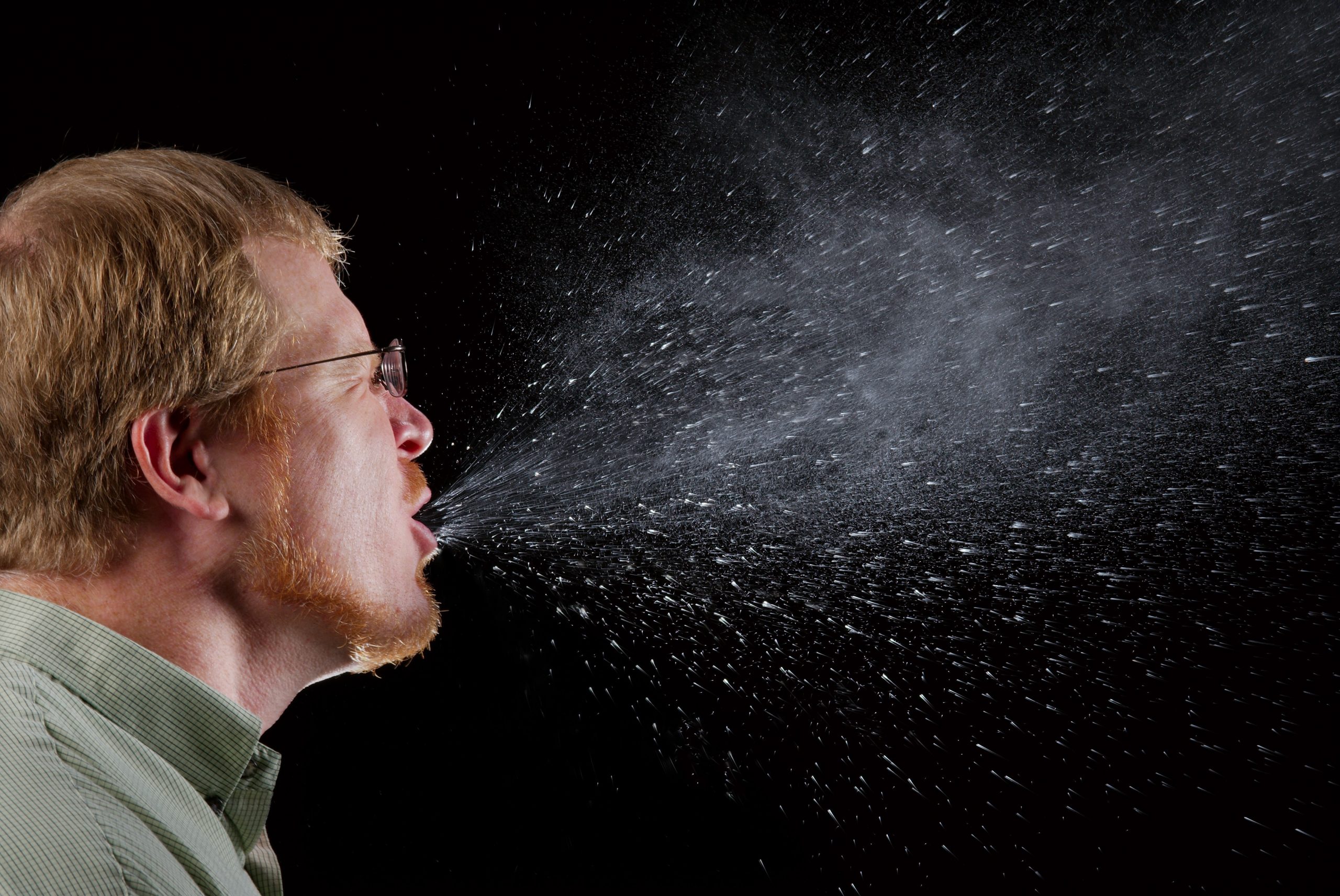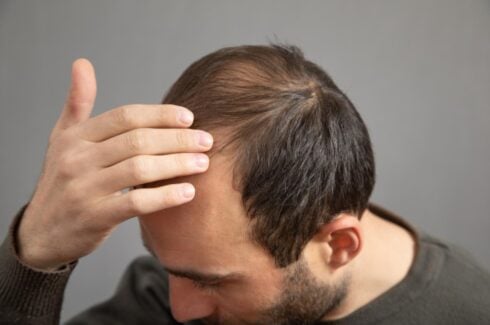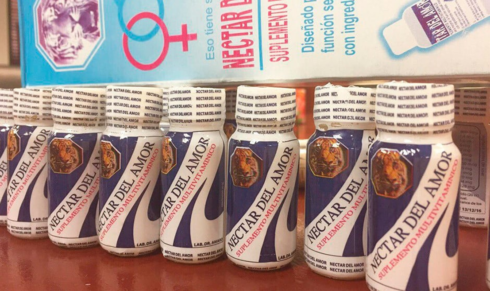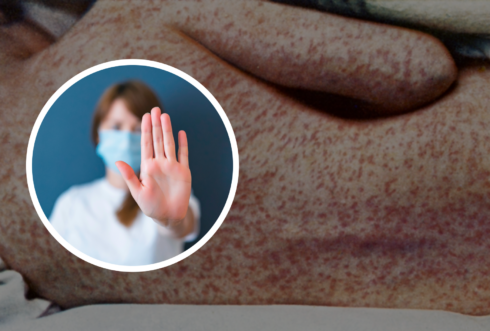EVEN the word ‘cold’ gives the game away. We British people can’t shake the belief that the illness we know so well – blocked up with mucus, coughing and sneezing on everyone – is caused by cold weather.
Spanish people have a different concept. They talk about ser resfriado – a condition of being infected. They don’t have a word for the common cold.
Did you know that one in five colds are contracted in the summer months? Or that vitamin C is useless against colds?
It’s obvious, if you think about it. A virus is a tiny creature (some scientists don’t think viruses are alive) which needs you in order to reproduce.
It’s like a piece of DNA, floating around. You inhale it, and it uses your warmth and fluids to “come to life”. For a few days, it lives off you, and makes millions of baby viruses.
To add insult to injury, it exploits your defences to spread its offspring.
The “snot” that we associate with colds is our body’s own protection. Viruses have learnt to irritate our throats and noses, to make us cough and sneeze.
Tiny droplets of mucus fly out of our mouths and noses, ‘launching’ the next generation of viruses into the air.
If you’re not already disgusted, think of this: when you breathe in a cold virus, you’re actually swallowing a fragment of someone else’s snot.
This is why it doesn’t matter what time of year it is – viruses are just getting on with their lives – they neither know nor care what the season is.
And all the vitamins in the world have zero effect. You’ve been taken over by a virus, and the infection simply has to run its course.
So why do most colds happen in winter?
The answer is, our human immune system.
What lowers our defences is, going suddenly from somewhere warm to somewhere cool.
And logically, remaining in a virus-rich environment increases the chances of being ‘invaded’. Sitting on a plane for three hours is a good example.
The hundred-odd passengers and crew are sharing the same air, breathing it over and over again.
Doctors also think that our precious summer vacation may be to blame. We work hard, then suddenly stop for a couple of weeks, and lie on a beach.
Estanislao Nistal, PhD in Virology, says, “Studies have shown that a sudden and drastic change in our level of activity plays havoc with our defences”.
Can we do anything to protect ourselves from summer colds?
Doctor Nistal recommends the following:
* keep your surroundings ventilated
* wash your hands frequently
* steer clear of infected people
* avoid sudden changes in temperature
* eat a balanced diet
If medicines don’t have any effect on viruses, is there anything we can take, once we’re infected?
The good news is, yes. Remember, “Treat the symptoms”.
* Paracetamol will reduce pain and fever.
* Dextromethorphan is effective against coughs.
* Chlorphenamine reduces runny noses and sneezing.
* Caffeine helps us combat fatigue.
“By reducing sneezing, coughing, and secretions, we can also reduce the production of the virus’s transmission vehicle and, therefore, the likelihood of transmitting the infection to others,” the doctor concludes.
In any case, experts remind us that if symptoms consistent with a respiratory infection appear, it’s advisable to consult a healthcare professional, whether a doctor or pharmacist, to receive appropriate treatment.
Here in Spain, high-street chemists are very intensively trained and actually enjoy giving advice – so don’t be shy, go in and ask!
Click here to read more Spain News from The Olive Press.








